If you’re buying a shipping container for the first time, it can seem like a bit of a daunting or intimidating process. You don’t want to make room for error as a wrong purchase can, in some cases, be quite an expensive mistake. We compiled a list of 10 things for you to consider before buying a shipping container so you can make a more informed decision. Read on to find out our tips below.
- Cost
Shipping containers can vary widely in price depending on size, condition, and features. For example, a standard shipping container will always be cheaper than a specialised container such as high cubed or dangerous goods. Depending on what you are using the container for you may not need a more specialised expensive version. Be sure to shop around and compare prices before making a purchase.
- Size
Shipping containers come in a range of sizes, from small 10-footers to large 40-footers. There’s no need to purchase a larger container if you don’t require the extra space. Be sure to choose the right size for your needs.
- Condition
Shipping containers can be new or used. Used containers will likely be cheaper, but may not be in the best condition. Newer containers will cost more, but will be in better condition. If you are using your container for something simple like extra storage, a few dints in a used container will probably be fine. However, if you are using it for shipping goods, there are standards and regulations regarding condition that you will need to meet. Choose the right option for you based on budget and needs.
- Features
Some shipping containers come with special features such as doors, windows, vents, and shelves. If you were wanting to create an at home office, you may only need a few basic adjustments on top of this such as electrical fit out and doors locks. Be sure to choose the right features for your needs. The Shipping Containers Brisbane team are experts in converting shipping containers into just about anything you can dream of. We will work closely with you to recommend what specific features you will need to create a fully functioning space that meets all your requirements.
- Delivery
Shipping containers must be delivered to your property. Location and distance can be factors in determining the delivery cost. Delivering to a home in suburbia will be cheaper than to a remote outback workplace. Be sure to factor in the cost of delivery when budgeting for your purchase.
- Permits
Depending on where you live, you may need a permit to have a shipping container on your property. This can also apply even if you are only temporarily hiring a container, such as using one to move home. Be sure to check with your local authorities before making a purchase. This can also be particularly important for shipping container homes. In Queensland you will need to have a series of approvals done to be able to have a container to live in such as Building Approval, council approval, having a Private Building Certifier look over plans and more. Careful research is required before you can jump in and get started.
- Insurance
It is important to insure your shipping container against theft, damage, and other risks. Although shipping containers are favoured for their durability and safety, they are not indestructible or impenetrable. With increasingly extreme weather predicted to continue, your shipping container could face anything from floods to fires, winds, hail and more. Be sure to get quotes from multiple insurers before making a purchase.
- Storage
Once you have your shipping container, you will need somewhere to store it. Be sure to consider the cost of storage when budgeting for your purchase. If you are planning to store it on your property, you will need to have a concrete slab laid to support it. Otherwise, if you plan to use a facility, the ongoing costs of that will need to be factored into your decision.
- Maintenance
Shipping containers require occasional maintenance such as painting and repairs. The more that you alter your shipping container, the more repairs it may require. For example, if you created a coffee shop, you want to always ensure it is looking it’s best and is safe for staff and customers to use. This could include repairs such as painting, electrical issues, fixing broken windows or shelving etc. Be sure to factor in the cost of maintenance when budgeting for your purchase.
- Selling
Eventually you may want to sell your shipping container. Depending on how well you can maintain your container as well as the different adjustments you make, and accessories can all be factors in how much you will be able to resell it for. Be sure to research the resale value of shipping containers in your area before making a purchase.
Here at Shipping Containers Brisbane, we have an extensive range of shipping containers for sale. Give our friendly team a call today to enquire about a free quote.
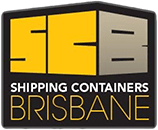
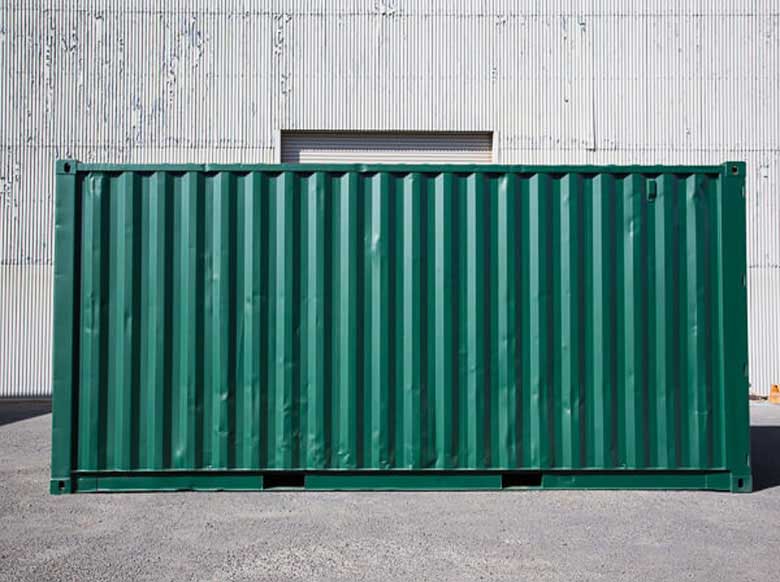
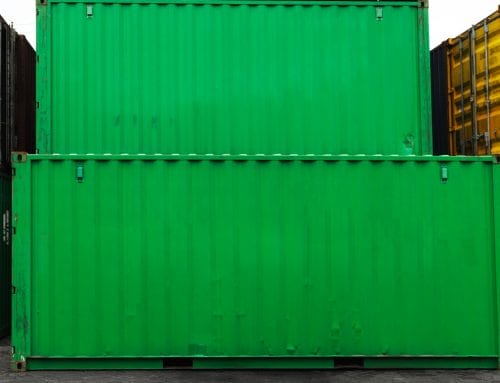
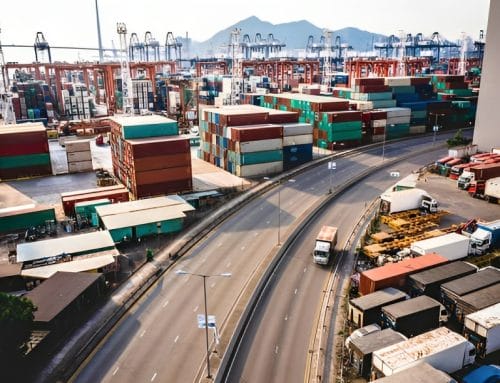
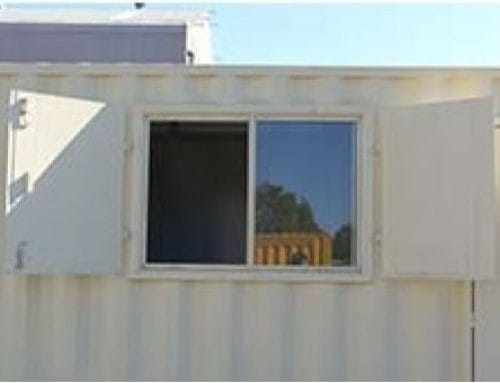

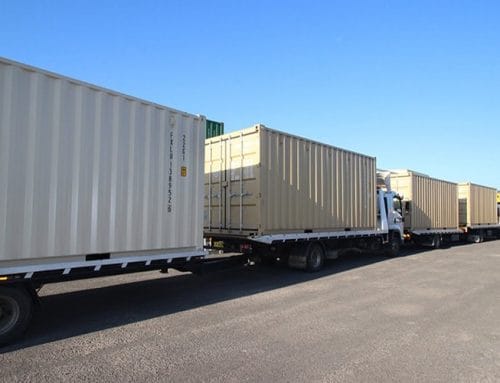
Leave A Comment